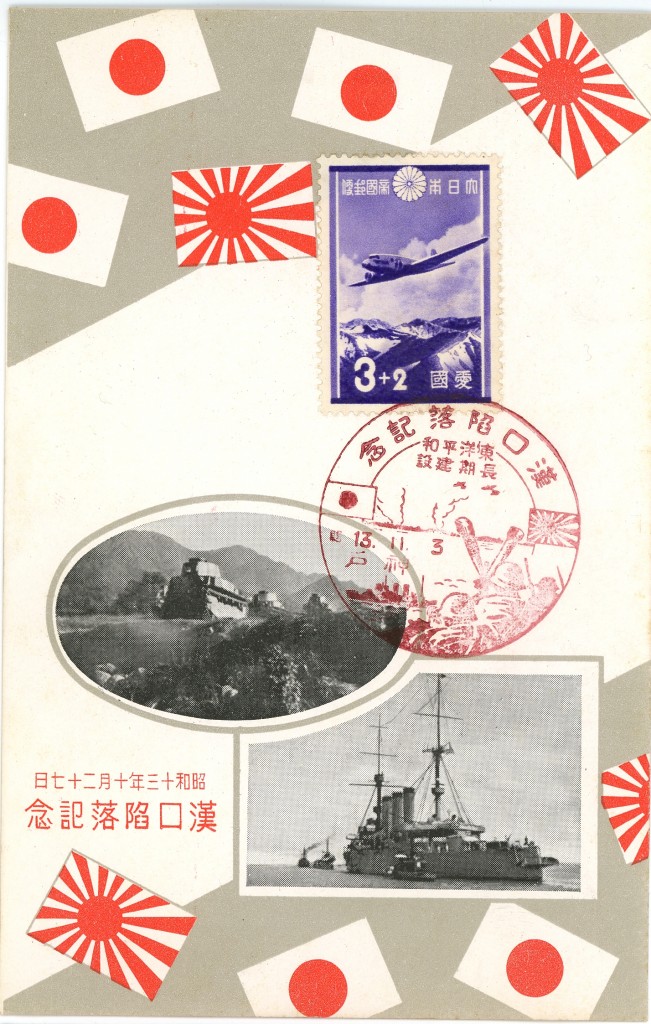The workshop “Visualizing War, Visualizing Fascism” will be held at Lafayette College, at the Kirby Hall of Civil Rights, on Monday, November 11th, in the auditorium facing the front entrance (room 104). We will begin at 4:10pm and end at 6:30pm.
Abstract:
Film and Photography in Germany and Japan
A purely technological history of photography and film would explain why the second World War was recorded so copiously and vividly in contrast to earlier conflicts, but the development of handheld cameras (like the Leica created in 1925), advances in film technology (including sound), and better means of transmitting images for publication via wire do not explain how war came to be seen either during the conflict or in retrospect. This workshop addresses some the cultural complexities of visualizing war in Germany, Italy, and Japan during the 1930s and 1940s, raising the political, aesthetic and ethical quandaries posed by trying to see combat and glory, death and destruction contemporaneously and retrospectively.
There are two quandaries central to this workshop: the invisible nature of that which is being visualized and the particular slipperiness of interpreting visual materials. The workshop’s title alludes to a central paradox in visualization. Since war cannot be seen in its totality and memory concerns the invisible past, the visualization of war and memory concerns something which, in one sense, cannot be seen at all. We are talking about the visualization of the invisible. One issue of the workshop will therefore necessarily be the difference between “visualizing” and “seeing.” A second issue will be the question of subjectivity, i.e. who visualizes the violence and who reenvisions it retrospectively. On the one hand, attention must be paid to the strategies adopted and deployed by the fascist states themselves to propagate war and make it meaningful. On the other hand, state representations can be subverted when seen by the “wrong” people, the unintended viewer or someone with a different perspective, politically or chronologically. The workshop will therefore consider the contingent relationship between any particular political or ethical stance and any particular aesthetic style.
Although the representational repertoire through which World War II has been addressed includes painting, drama, poetry, dance, monuments, commemorations, museums, and the whole range of practices involved in memorializing and memory work, this workshop will focus on film and photography, suggesting that the camera’s particular efficacy during this particular war is worth examining. Representations made with the camera, whether the still presences of photography or the moving images of film, were and are potent tools for propagating, resisting, and understanding that era of violence.


en yakın hurdacı numarası için web sitemizi ziyaret ediniz hurda alım satımı için en iyi fiyatı sunuyoruz